New CEOs often believe their experience and past success prepare them for their positions. What new leaders find instead, Harvard Business School lecturer David Fubini reports – and what he’s learned during his decades of work with CEOs globally – is a slew of issues that articles and business books seldom discuss. From the time demands of their constituents to having to make decisions despite having incomplete information, company leaders must work to manage people more than spreadsheets. Fubini shares expert insights as he coaches leaders on how to work closely with boards of directors and how to encourage their lieutenants to tell the whole truth.
CEOs face daunting challenges, many of which are hidden obstacles they don’t see until a crisis occurs.
Most business books and articles touch only on the analytical aspects of being a CEO. When crises occur, however, CEOs often find that complex issues arise with the people on their teams and boards. Complications in those relationships can become the most likely obstacles to their goals.
When you first move into a CEO role, the operational work you did to get to the corner office differs from what you must do now. Most people are aware of the strategic issues they must solve – but not the legal, financial, regulatory and talent issues that demand attention.
From balancing immediate results with long-term staying power to dealing with viral misinformation about your company, the list of issues a CEO faces from day one is long and varied. The time frame of change has decreased. So, before you start, develop a well-thought-out vision to guide your decisions, including those you must make quickly.
A Wall Street Journal article found that 13 companies with market values of more than $40 billion – including...










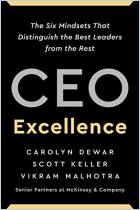
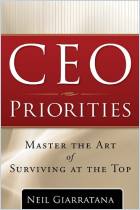
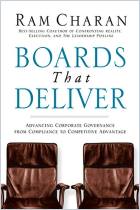
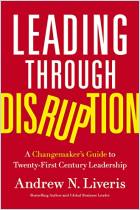
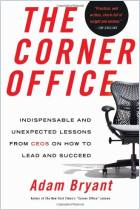





Comment on this summary or Démarrer une discussion